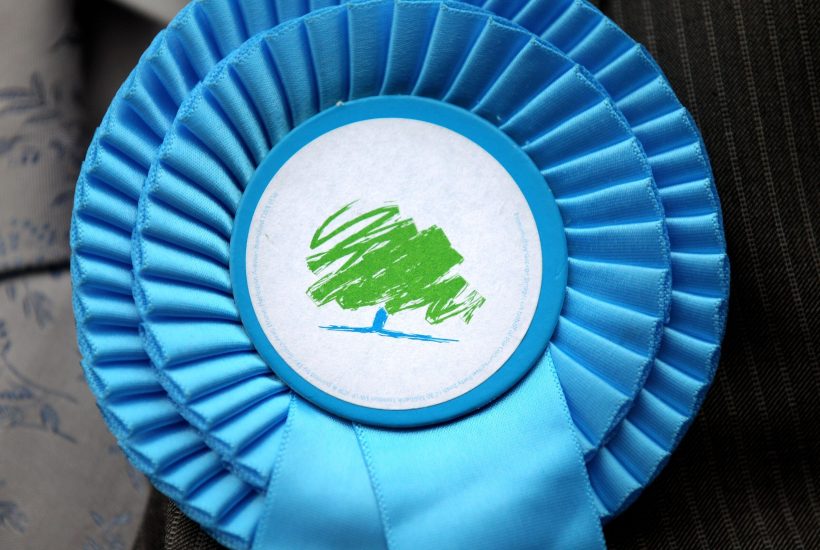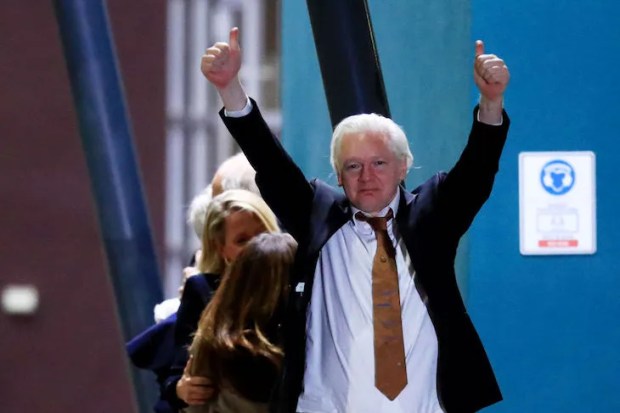The Conservatives will be relieved that an independent investigation has not found the party to be institutionally racist, though relief is about all they can feel. Professor Swaran Singh’s report, which has taken two years to arrive, paints a picture of a party at best complacent about how its members talk about Muslims.
Already a subscriber? Log in
Subscribe for just $2 a week
Try a month of The Spectator Australia absolutely free and without commitment. Not only that but – if you choose to continue – you’ll pay just $2 a week for your first year.
- Unlimited access to spectator.com.au and app
- The weekly edition on the Spectator Australia app
- Spectator podcasts and newsletters
- Full access to spectator.co.uk
Or




















Comments
Don't miss out
Join the conversation with other Spectator Australia readers. Subscribe to leave a comment.
SUBSCRIBEAlready a subscriber? Log in